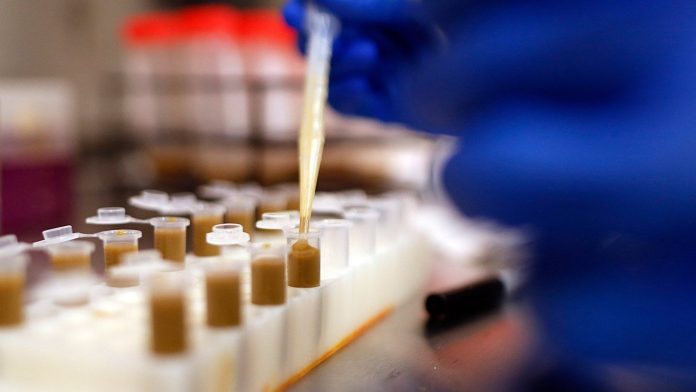Fecal transplants that replace the microorganisms in a person infected with the bacterium Clostridium difficile have proven more successful than researchers and physicians hoped. Michael Sadowsky and colleagues at the University of Minnesota are the first to examine the success of fecal transplants over a long period of time.
The process for fecal transplant is reasonably simple. Feces from a donor or taken from a person before the person was infected with Clostridium difficile is purified, mixed with a saline solution, and introduced into the person with the bacterial infection through colonoscopy. Clostridium difficile has become an increasing concern in the United States as more people have been exposed to the bacterium that causes severe abdominal pain, recurrent cases of diarrhea, and can be deadly.
Previous research indicates that Clostridium difficile overcomes and destroys the resident bacteria that inhabit the human gut. The introduction of feces with normal bacteria helps to reestablish a healthy system in the gut. The scientists tracked the development of bacteria in the gut of four people that received a fecal transplant from the same donor. One of the patients received frozen feces in a transplant.
All of the individuals involved in the study eventually developed a normal bacterial system in their gut. The study lasted 21 weeks. The researchers note that the Food and Drug Administration of the United States has determined that feces used in a transplant is a drug and requires regulation. The process has been so successful in other countries that it might be to a person’s advantage to seek care outside of the United States if they contract Clostridium difficile.








